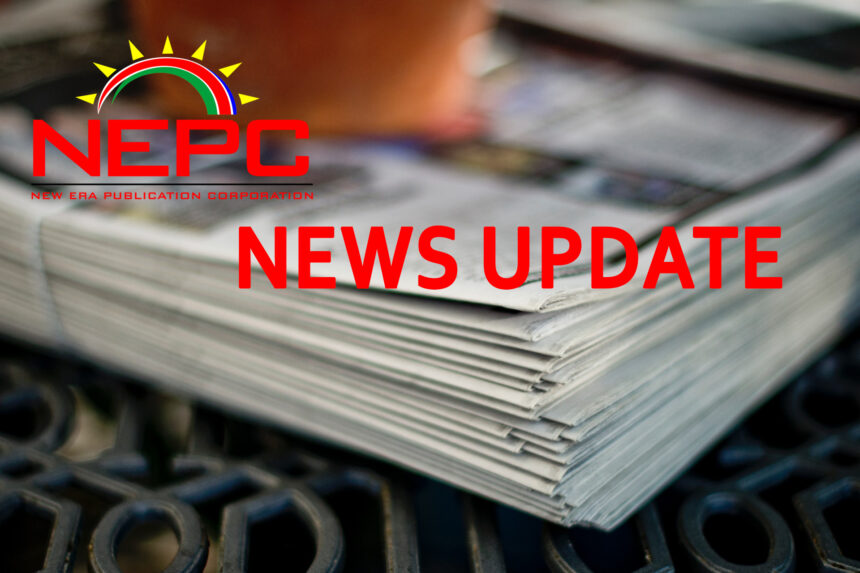TOKYO – Japan’s government warned yesterday of a “significant impact” on its economic ties with the United States (US) and on global trade after president Donald Trump announced import tariffs on cars.
Tokyo is one of Washington’s closest economic and strategic allies, with its firms the biggest investors in the United States and one in 10 Japanese jobs tied to the auto sector.
Trump announced on Wednesday 25% tariffs “on all cars that are not made in the US” effective 12h01 am (0401 GMT) eastern time on 3 April.
Prime minister Shigeru Ishiba, who last month held friendly talks with Trump at the White House, said Japan was reviewing an “appropriate” response.
“Japan has made significant investments and significant job-creation, which doesn’t apply to all countries… We are the number one (country) in investment in the US,” Ishiba added.
“We believe that the current measures and other broad-based trade restrictions by the US government could have a significant impact on the economic relationship between Japan and the US, as well as on the global economy and the multilateral trading system,” government spokesman Yoshimasa Hayashi said. “In response to this announcement, we have again told the US government that this measure was extremely regrettable, and we strongly urged the US government to exclude Japan from the scope of this measure,” Hayashi said.
South Korea’s trade and industry minister Ahn Duk-geun held an emergency meeting with major automakers and others after Trump’s announcement, the government said.
“The government will work closely with the industry to devise countermeasures and, in coordination with other ministries, announce a comprehensive emergency response plan for the auto sector in April,” Ahn said.
Trump’s announcement hammered carmakers in Asia, although they later recovered some ground.
The world’s top-selling automaker Toyota closed down 2.0%, while Nissan shed 1.7% and Honda was off 2.5%.
In South Korea, Hyundai shares dipped 4.0%. Contacted by AFP, Toyota was not immediately available for comment yesterday.
Honda said it would “study the impact of the tariffs on our businesses, then we will take measures to minimise the impact”.
Vehicles accounted for around 28% of Japan’s 21.3 trillion yen ($142 billion) of US-bound exports in 2024.
Japanese ministers have been lobbying their US counterparts to secure tariff exemptions for goods like steel and vehicles, but these requests have been denied.
The Trump administration says levies will raise government revenue, revitalise American industry and press countries on US priorities.
Critics say they will increase prices for US consumers.
About 50% of cars sold in the United States are manufactured domestically.
Japanese automakers account for around 16% of car imports into the United States, and South Koreans 15%.
Takahide Kiuchi, an economist at Nomura, said the 25% tariff will shrink Japan’s economy by around 0.2%.
“It would encourage a contraction of domestic production and employment and encourage a hollowing-out of the economy,” Kiuchi said.
Seiji Sugiura, senior analyst at Tokai Tokyo Intelligence Laboratory, estimated that the tariffs could collectively mean an additional cost of US$11.4 billion for Japan’s top six automakers.
“This is very high-impact. Against that, the automakers have not issued anything about how they plan to deal with it,” Sugiura told AFP.
“I have some clients in the auto industry. I think there will be a big impact. I will see some impact on myself, even though it will probably be indirect, because 25% is pretty big,” said Hiroki Ito, an IT company employee.
“Of course we have different opinions, but I hope (Japan and the US) can find some common grounds to compromise so that we could solve issues in a calm manner,” Ito told AFP.
– Nampa/AFP



